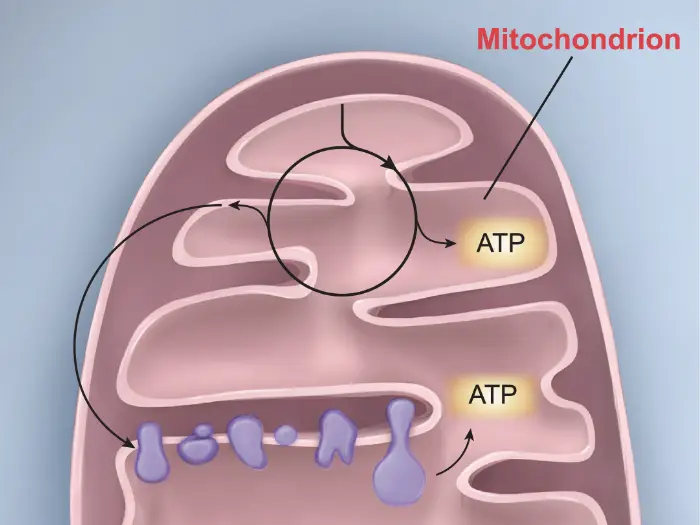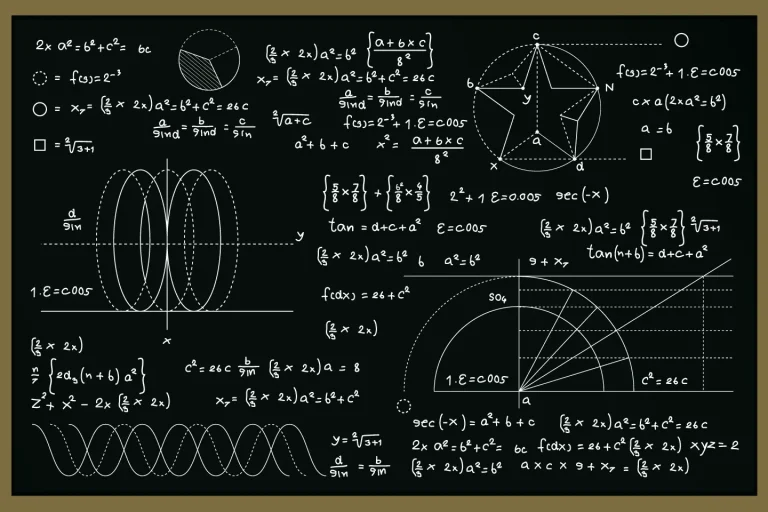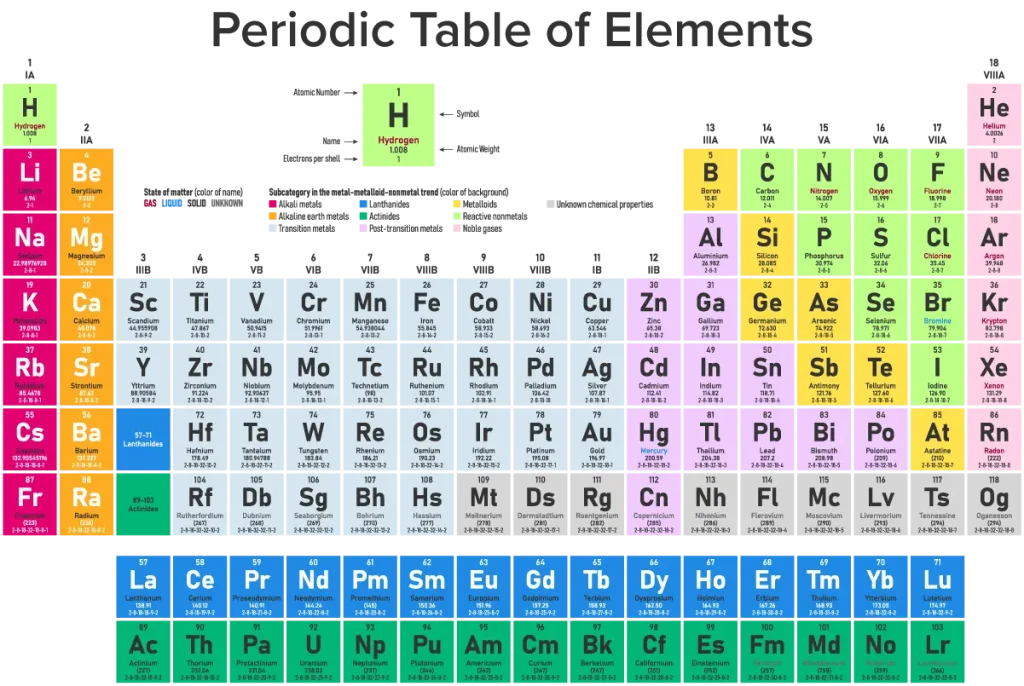While you won't have a reference sheet during the ACT, understanding how to apply these formulas to solve science problems in physics, chemistry, and biology could give you a leg up on this section.
Understanding the ACT Science Formula and Equation Sheet
Deciphering charts and graphs in the ACT Science section might feel like decoding hieroglyphics, but familiarizing yourself with essential scientific concepts can ease some test-day jitters. These formulas are the building blocks for understanding and solving the science questions you'll face.
Crafting Your Custom Formula Sheet
Creating an easy-to-access reference sheet can reinforce your memory of formulas and equations. Organize the sheet by subject, with clear headings for physics, chemistry, and biology. Consider adding brief explanations or memory aids to help you recall each formula easily. Keep this sheet handy and review it regularly to solidify your understanding. With each glance, your confidence in remembering these essential formulas will grow.
Tips for Effective Use
Since you can't take a sheet into the exam, practicing using the formulas within the context of ACT Science questions is essential to become more adept at using them. Focus on understanding the principles behind every formula rather than just memorizing them. Additionally, use the formula sheet as a study tool, incorporating it into your review sessions to reinforce your knowledge. You can also use an ACT question bank to practice applying these formulas across different question types and scenarios.

Key Formulas and Equations
Science is like a puzzle. At its core lies the essential formulas and equations that unlock its mysteries. Whether it’s the motion of objects in physics, the reactions of chemicals in chemistry, or the intricate processes of life in biology, a solid grasp of these ACT science formulas is essential. Below are some fundamental ACT science formulas that you can effectively apply to ACT Science questions.
Physics Formulas and Equations
Key physics formulas that you should understand how to apply:
- Newton's Second Law: F = ma (Force equals mass times acceleration)
- Ohm's Law: V = IR (Voltage equals current times resistance)
- Kinematic Equations1
- vf = vi + at (Final velocity equals initial velocity plus acceleration multiplied by time)
- d = vit + 12at2 (Displacement equals initial velocity multiplied by time plus half the acceleration multiplied by the square of time)
- vf2 = vi2 + 2ad (Final velocity squared equals initial velocity squared plus twice the acceleration multiplied by displacement)
- W = ΔKE (Work equals the change in kinetic energy)
- Fg = G m1.m2r2(Force of gravity equals the gravitational constant multiplied by the product of the masses divided by the square of the distance between them)
- p = mv (Momentum equals mass times velocity)
- D = mv(Density is mass per unit volume of a substance)
- m = y2 - y1x2 - x1(Slope formula)
Strategies2 to tackle physics questions on the ACT Science exam:
- Understanding Units: Ensure your calculations are consistent by paying close attention to the units of each measurement.
- Interpreting Graphs: Focus on understanding relationships between variables depicted in graphs.
- Identifying Variables: Identify independent and dependent variables in experimental setups or data tables.
- Applying Formulas: Familiarize yourself with key physics formulas and practice applying them efficiently.
- Estimation and Approximation: Develop the ability to estimate values to quickly eliminate incorrect answer choices.
- Eliminating Answer Choices: Use the process of elimination to narrow down possible answers.
- Skipping Difficult Questions: Temporarily skip challenging questions and return to them later if time allows.
- Practice with Timed Tests: Improve your speed and efficiency by practicing under timed conditions.

Chemistry Formulas and Equations
Fundamental chemistry formulas or principles to understand for chemistry questions on the ACT Science exam:
- Freezing Point = 32°F or 0°C
- Boiling Point = 212°F or 100°C

- Understanding Chemical Reactions: Recognize common reaction types and their characteristics.
- Balancing Equations: Practice balancing chemical equations and understanding the conservation of mass.
- Identifying Types of Bonds: Distinguish between ionic, covalent, and metallic bonds and understand the properties and characteristics of each type of bond.
- Stoichiometry3: Master the principles of stoichiometry and practice solving related problems.
- Understanding Solution Chemistry: Familiarize yourself with concepts such as solubility, concentration, dilution, and factors affecting solubility.
- Gas Laws4: Learn and apply fundamental gas laws to understand relationships between pressure, volume, temperature, and the number of moles.
- Identifying Acids and Bases: Identify acids, bases, and salts and understand the pH and pOH scales.
- Using the Periodic Table: Use the periodic table to identify trends in atomic properties and understand chemical reactivity.
Biology Concepts/Principles
Essential biology topics that you should comprehend to tackle biology questions on the ACT Science exam:
- Taxonomic Classification5: Kingdom, phylum, class, order, family, genus, species.
- Microorganisms: Know parts of eukaryotic and prokaryotic organisms such as ribosomes, mitochondria, etc.
- Human Anatomy: Skeletal, muscular, nervous, endocrine, cardiovascular, lymphatic, respiratory, digestive, urinary, and the reproductive systems.
- Genetics: RNA, DNA, chromosomes, genetic disorders, dominant traits, recessive traits, genotype, phenotype. (The key genetic term to know is "allele.").
- Photosynthesis and Respiration: Aerobic respiration, anaerobic respiration.
- Mitosis and Meiosis: Cellular division phases.
- Greenhouse Effect: Effect of gases like carbon dioxide, methane, nitrous oxide, ozone, CFCs, etc., on the atmosphere.
Strategies for success on ACT biology questions:
- Focus on Understanding Biological Concepts: Build a strong foundation in fundamental biological concepts such as cellular structure and function, genetics, ecology, evolution, and more.
- Understand Biological Terminology: Learn and review common biological terms and vocabulary.
- Practice Passage Analysis: Practice reading and analyzing biology passages efficiently. Pay attention to key details, main ideas, and supporting evidence presented in the passages.
- Master Process of Elimination: Utilize the process of elimination to narrow down answer choices.
Natural selection, a key force in evolution, favors traits that enhance survival and reproduction. These advantageous traits, such as the ability to run fast in rabbits or efficient photosynthesis in algae, become more common over generations. A classic example is the peppered moth6 during the Industrial Revolution. As trees darkened with soot, darker-colored moths were better at evading predators and thus became more prevalent. Over time, these dark-colored moths came to dominate the population. This phenomenon, driven by environmental pressures, illustrates how nature selects the most successful individuals, shaping species evolution.
Advantages of Using the ACT Science Formula and Equation Sheet
Compiling and studying with this handy resource can help you easily navigate the ACT Science section, boosting your scores.
Facilitates Time Management
- Using the ACT Science formula and equation sheet in practice tests simplifies problem-solving and saves you time when you’re taking the exam.
- Utilizing the formula and equation sheet as a study aid reinforces key concepts, making study sessions more effective.
- Reviewing the sheet before the exam reduces anxiety and boosts preparedness, helping you feel confident on test day.
Prevents Student Mistakes
The formula sheet is a diagnostic tool to help you identify areas for improvement. Especially when used alongside an ACT assessment test, it can help you analyze your performance more effectively. It can pinpoint specific concepts that require additional practice, allowing you to tailor your study strategies and minimize errors on exam day.
Consistent practice and strategic review can solidify your grasp of key science formulas. With the right tools and preparation, you’ll build the confidence to tackle any question that comes your way. Start now with a free ACT practice test to put your formula knowledge to the test and boost your score.
Frequently Asked Questions (FAQs)
Is there a formula sheet for the ACT Science section?
Do you have to memorize formulas for the ACT Science section?
What formulas are given on the science portion of the ACT?
Why is the ACT Science formula and equation sheet important?
References
1(n.d.). What are the kinematic formulas? Khan Academy. Retrieved on February 20, 2024 from, https://www.khanacademy.org/science/physics/one-dimensional-motion/kinematic-formulas/a/what-are-the-kinematic-formulas
2(n.d.). Science Test. ACT.org. Retrieved on February 20, 2024 from, https://www.act.org/content/dam/act/unsecured/documents/act-prep-pack-excerpt.pdf
3(January 18, 2024). Stoichiometry. Encyclopedia Britannica. Retrieved on February 21, 2024 from, https://www.britannica.com/science/stoichiometry
4(n.d.). The Simple Gas Laws- Boyle’s Law, Charles’s Law and Avogadro’s Law. LibreTextsTM Chemistry. Retrieved on February 21, 2024 from, https://chem.libretexts.org/Bookshelves/General_Chemistry/Map%3A_A_Molecular_Approach_(Tro)/05%3A_Gases/5.03%3A_The_Simple_Gas_Laws-_Boyles_Law_Charless_Law_and_Avogadros_Law
5(January 18, 2024). Genus. Wikipedia. Retrieved on February 21, 2024 from, https://en.wikipedia.org/wiki/Genus
6(n.d.). Mechanism. Natural Selection. Wikipedia. Retrieved on February 21, 2024 from, https://en.wikipedia.org/wiki/Natural_selection
Read More About the ACT Test
Learn more about the ACT Science section and how to excel on test day. Explore valuable insights and expert advice to enhance your performance!
ACT Science Practice Tests and QuestionsAccess additional ACT Science practice tests and questions to enhance your preparation. Dive deeper into exam-like scenarios and boost your confidence for test day!




